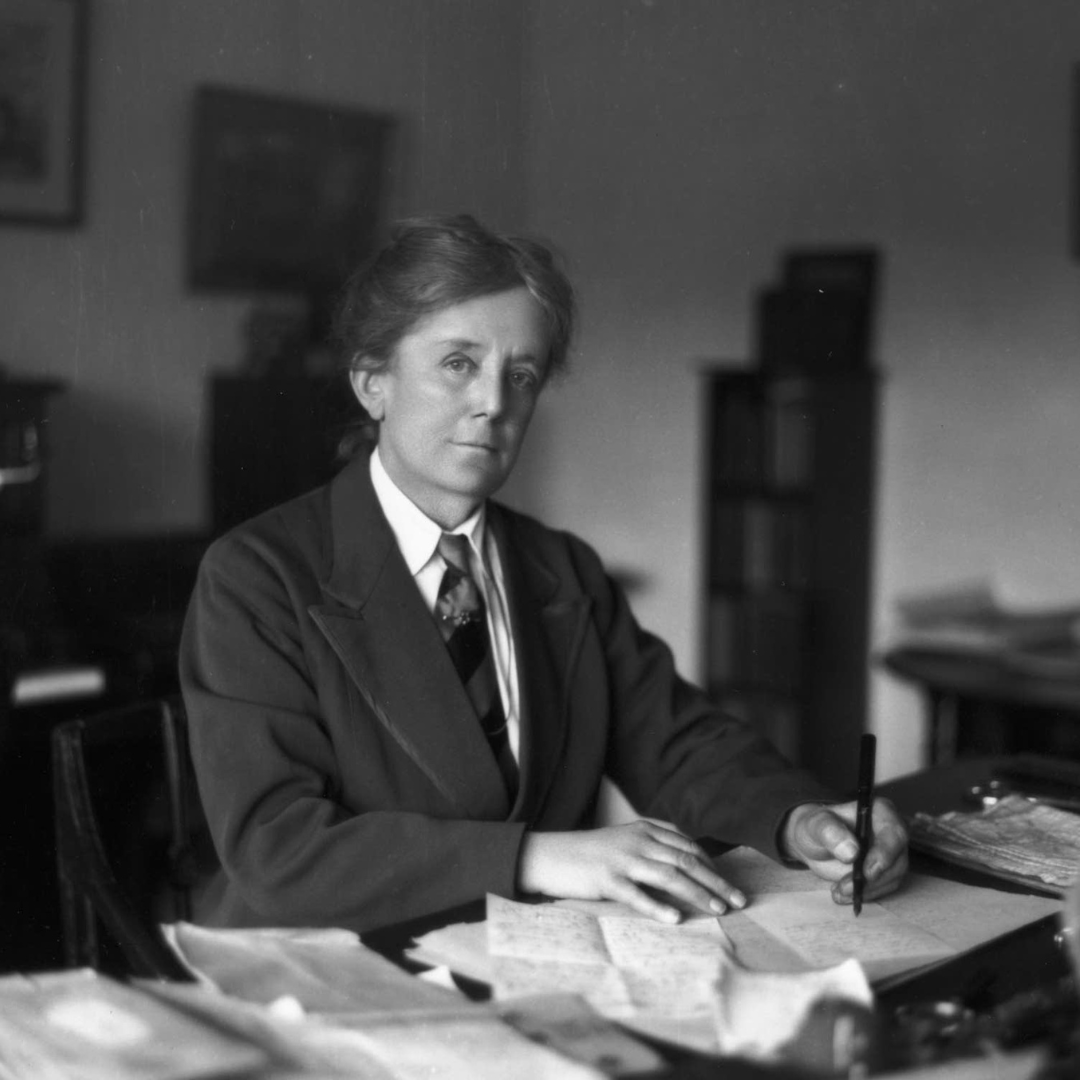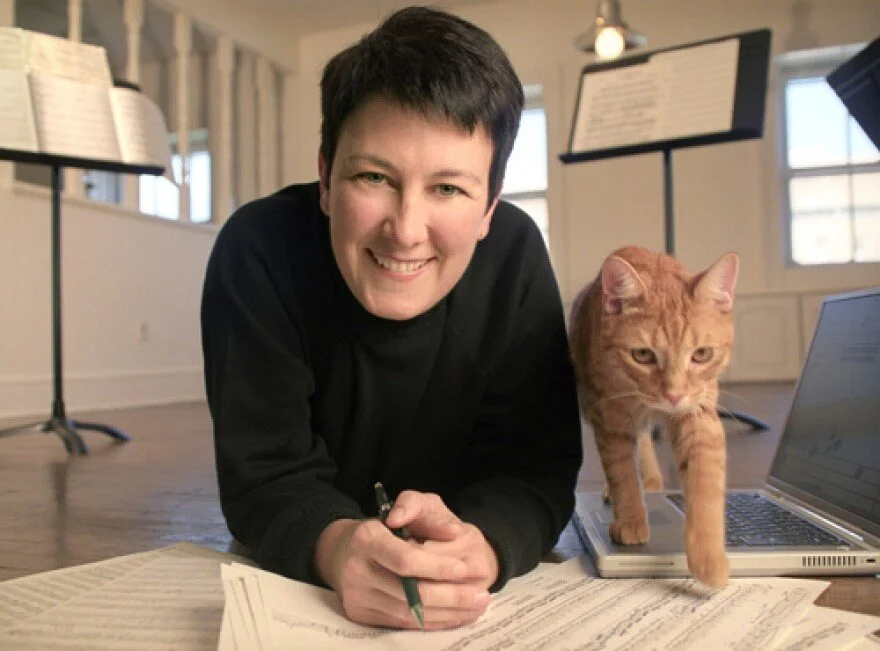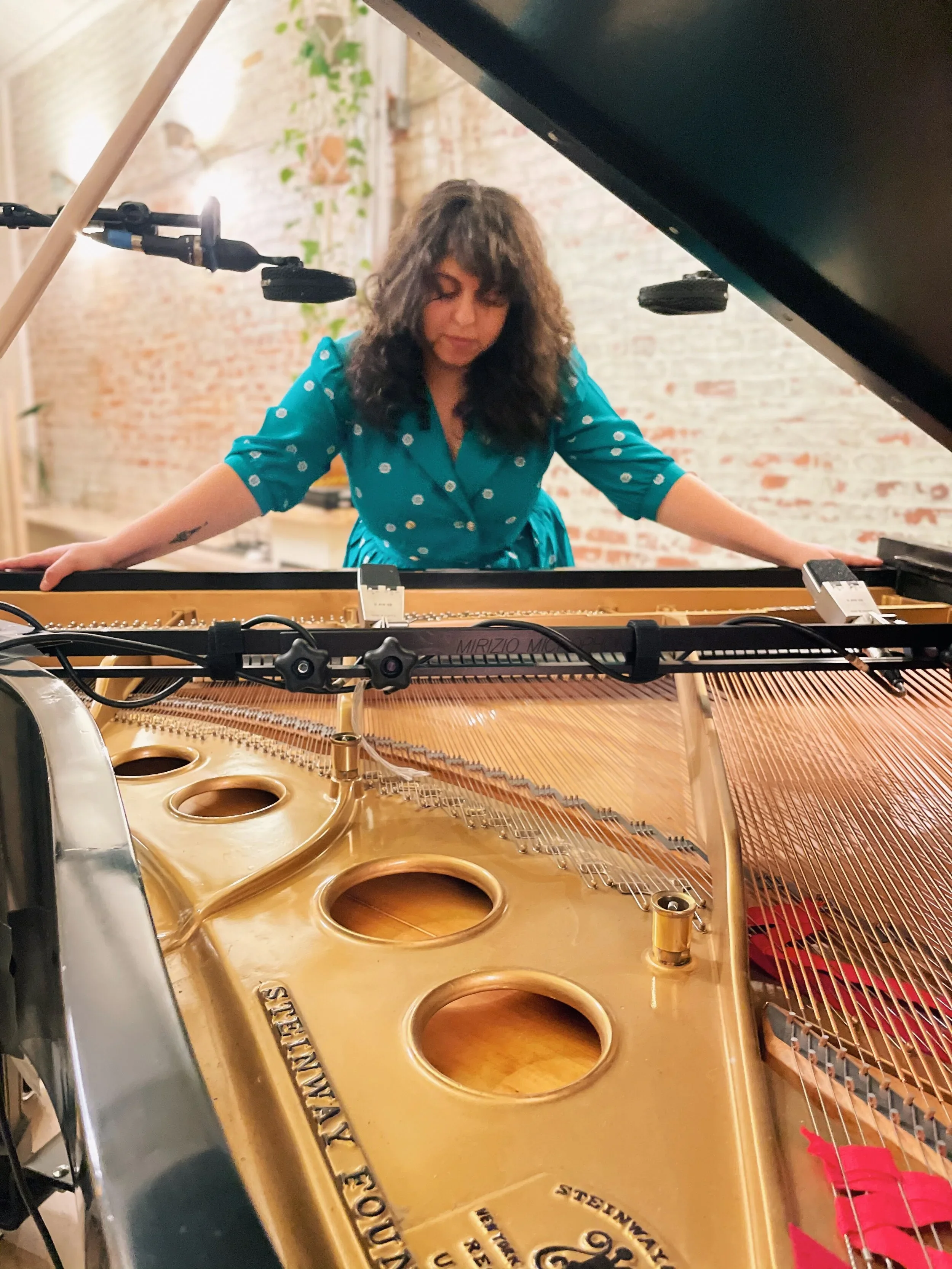Guest Artist Recital
Bowling Green State University
October 21, 2025
Concert Piece No. 2 by Wan-Yun liang
Liang’s Concert Piece No. 2 (2022), is subtitled “Hakka” and is inspired by the pastoral tonalities of Hakka folk music.
The term Hakka, which literally means "guest people" or "strangers," is the name of a Chinese ethnic group whose ancestors, like those of all Han Chinese, are believed to have originated in north central China. Estimated to number in the tens of millions today, Hakka now reside mainly in Southeast China, Taiwan, and regions of Southeast Asia, but the Hakka diaspora extends to virtually every continent in the world.
-Nicole Constable in Guest People: Hakka Identity in China and Abroad (2014)
Sonata in C Minor by Ethyl Smyth
In a 2006 article from The Kapralova Society Journal, musicologist Eugene Gates writes:
Smyth's music was seldom evaluated as simply the work of a composer among composers, but as that of a "woman composer." This worked to keep her on the margins of the profession, and, coupled with the double standard of sexual aesthetics, also placed her in a double bind. On the one hand, when she composed powerful, rhythmically vital music, it was said that her work lacked feminine charm; on the other, when she produced delicate, melodious compositions, she was accused of not measuring up to the artistic standards of her male colleagues
Despite the challenges she faced as a woman in a male-dominated field, Dame Ethyl Smyth (1858-1944) was a pioneer. In 1903, her opera Der Wald was produced by New York’s Metropolitan Opera - the first and only opera by a woman to be produced by The Met until Kaija Saariaho's L'Amour de loin in December 2016. She was also the first woman composer to be awarded a Damehood (the equivalent of Knighthood for men), putting her in the same elite club as Julie Andrews, Judi Dench, and Mary Berry.
Smyth was an instrumental part of the Women’s Suffrage Movement in the United Kingdom, pausing her musical career to join the Women's Social and Political Union (WSPU) in 1910. She later wrote the famous “March of the Women” in 1911 - an anthem that became the rallying cry of the Women’s Suffrage Movement.
This arrangement of Smyth’s Cello Sonata in C Minor (1880) was completed by Genevieve Clarkson in 2020 to honor the 100th Anniversary of the 19th Amendment, granting women the right to vote.
Tuba Songs by Jennifer Higdon
Jennifer Higdon (b. 1962) earned a bachelor’s in music performance from Bowling Green State University in 1986 (go Falcons!). She later studied at the Curtis Institute of Music in Philadelphia, earning an Artist Diploma, followed by a master’s and Ph.D. in composition from the University of Pennsylvania. She was inducted into BGSU’s Academy of Distinguished Alumni in 2018 and received the Accomplished Graduate Award from College of Musical Arts in 2001. With a Pulizter and Three Grammy Awards, Higdon is one of America’s most frequently performed composers.
Tuba Songs (2016) is written in six short movements:
Morning Opens
To Home
In Our Quiet
Hop & Toe Dance
Threaded
Breaking
Vario Boulevard by Chanell Crichlow
Crichlow’s Vario Boulevard (2023) focuses on the experience of queer individuals and the stages of coming out and finding oneself, centered around the sounds and genres created by queer Black musicians. Crichlow describes her work in the following statement:
At first, the piece is introspective and self-searching, followed by pride and confidence in who you are; we then navigate through the excitement and complexity of queer relationships and finally gather at a place that feels self-assured and hopeful for the future.
Motherland: The Matrescence Suite by Donia Jarrar
Jarrar’s Motherland: The Matrescence Suite (2024) is the result of a commission consortium lead by Jarrod Briley.
Composer’s Note:
At the beginning of the genocide in Gaza, I experienced my second miscarriage. 440 days into the genocide, I am now nine months pregnant with my rainbow baby, my husband and I preparing for his arrival.
This suite is a love letter to my homeland and my people, inspired in large part by feminist Palestinian revolutionary, poet and author Fadwa Tuqan.
The first movement is based on her poem “Hamza”.
The second movement, an improvisational meditation on matrescence performed by me on a rainy day in my teaching studio.
The third, from a poem I wrote some years ago calling for sovereignty and landback in a dreamscape Beyond the Vintage Skies, while in real time we continue to witness our mass ethnic cleansing and land grabs.
I. The secrets of hills and wombs” / ھذه الأرض امرأة based on Fadwa Tuqan’s Hazma.
At one point in the poem, the speaker is distressed about the fight against the Israeli occupation. To comfort the speaker, Hazma tells her:
'My sister, our land has a throbbing heart,
it doesn't cease to beat, and it endures
the unendurable. It keeps the secrets
of hills and wombs. This land sprouting
with spikes and palms is also the land
that gives birth to a freedom-fighter.
This land, my sister, is a woman.'II. Mother and Rain / الأم والمطر
III. The Hands of My Homeland Await Your Touch / أحمل وطني في كف یدي
Beyond the vintage skies
Let us reclaim the sea
From the shadows of their lies
Trace our names into the sand
Pour the sun out into the hands
Hands of my homeland
Await your touch
Palms facing upward
Towards the sky
Canción Catalan from España, Op. 165 by Isaac Albéniz
Isaac Albéniz (1860-1909) was a composer and virtuoso pianist who gave his first solo performance at the age of four. Albéniz studied at the Liepzig Conservatory (one year prior to Ethyl Smyth, who you heard earlier this evening) and at the Royal Conservatory of Brussels, and began teaching in Barcelona and Madrid in 1883. It was in 1883 that he met Felipe Pedrell (1841-1922), the father of the nationalist movement in Spanish music. Pedrell encouraged Albéniz to to take inspiration from Spanish culture in his compositions.
Drawing on folk influences, Albéniz aimed to create (in his own words) “national music with a universal accent.” Albéniz’s compositions became a cornerstone of the Spanish Nationalist movement and revived interest in Spain’s folk traditions, especially after the end of the Spanish-American War in 1898. His ability to combine folk idioms with modernist techniques influenced composers across Europe, including Claude Debussy and Maurice Ravel.
Canción Catalan is the fifth of six movements within España, Op. 165 (1890) and was originally written for piano. This arrangement is by Walter Hilgers - a German tuba player and conductor.





